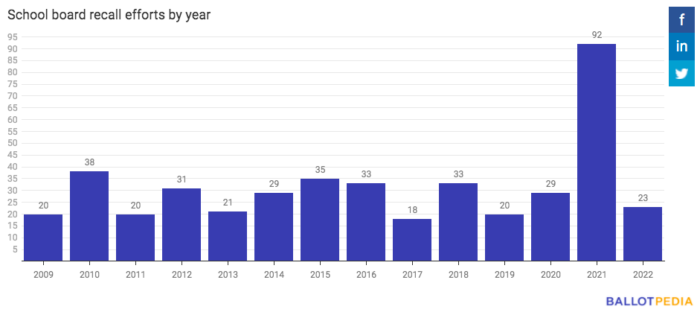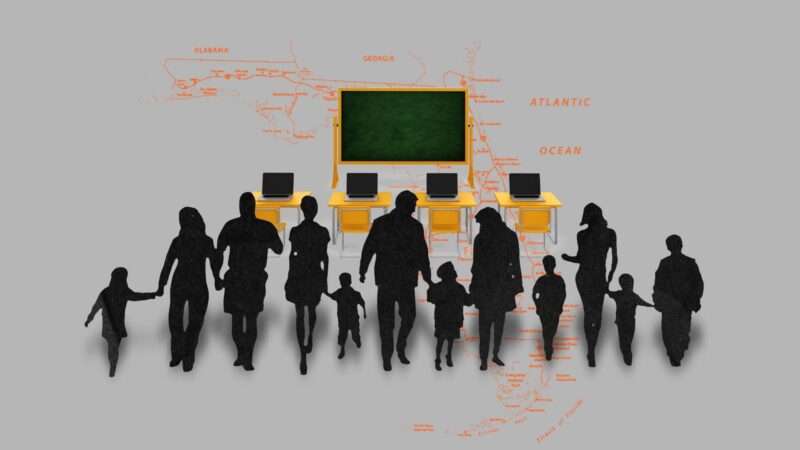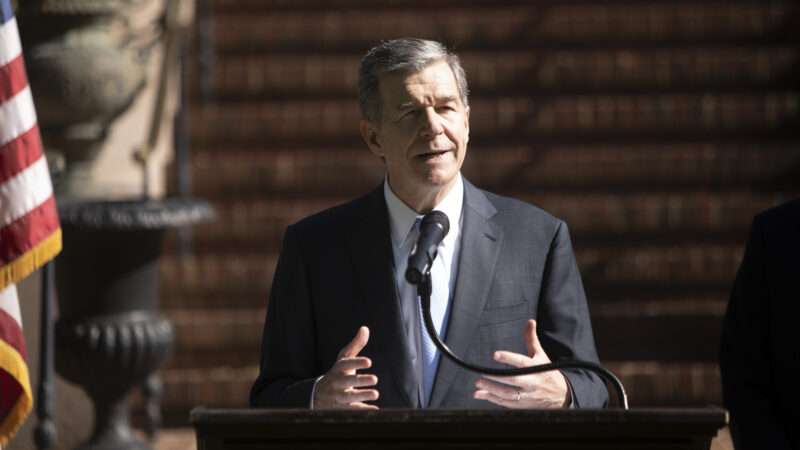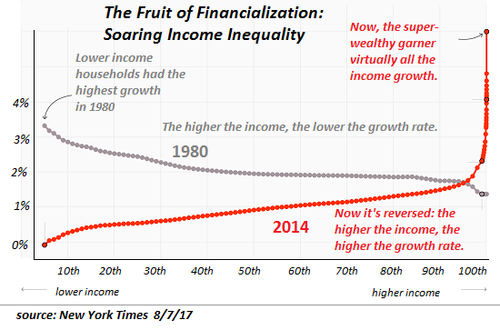
A proposed bill allowing Oregon motorists to pump their own gas is stoking controversy among some state residents who say they aren’t sure they’re ready for that awesome responsibility.
Earlier this week, a bipartisan group of state lawmakers introduced legislation that would permit customers to operate pumps all by themselves, provided gas stations still maintained a number of full-service pumps manned by an employee.
Oregon, alongside New Jersey, is one of two states in the U.S. that still requires gas stations to have full-service pumps. It’s a feature of the state that many Oregonians find both convenient and character-defining. Their attachment to the status quo has successfully prevented all but the most marginal reforms to the Beaver State’s full-service mandate.
A pair of bills in 2015 and 2017 legalized self-service pumps in counties of 40,000 or fewer people, where drivers would occasionally end up stranded at rural gas stations that weren’t open 24 hours. The pandemic also saw the state temporarily allow self-service pumps as a COVID-19 mitigation measure, but this emergency freedom was permitted for only a few months.
A 2019 bill that would have allowed gas stations to let customers loose on up to a quarter of their pumps stalled in the state Legislature.
Undeterred, fuel nozzle freedom fighters are back with an even more radical proposal and a slicker marketing campaign to sell it.
Under lawmakers’ H.B. 4151, gas stations with two or three pumps could make one of them self-service. Larger stations with four to eight pumps would have to maintain a minimum of two attendee-manned pumps. Businesses with nine or more pumps could make up to 60 percent of them self-service.
“This legislation will provide relief for gas stations struggling to remain open during labor shortages, for station attendants racing to serve waiting customers, and for drivers stuck in line at the pump,” said bill sponsor Rep. Shelly Boshart Davis (R–Albany) to KOIN. “It’s a win for every Oregonian.”
To convince the public, proponents of the bill have also launched an “Oregonians for Choice at the Pump” website that enables people to email their state legislator a form letter supporting the bill.
“48 states in the U.S. allow drivers to pump their own gas. Isn’t it time Oregonians had a choice?” the website asks.
Standing athwart self-service gas pump reform shouting “help!” are some Oregonians who say the status quo is safer and easier for themselves, and fairer for gas station employees whose jobs could be at risk if pump deregulation passes.
When The Oregonian asked its Facebook followers, “Would you pump your own gas if you could?” the reaction from many commenters was swift and negative.
“No, don’t want to. Nor do I want to see people lose their job,” wrote one man in response. “This law is heartless and being pushed by greedy firms that want to fire people and make more cash off of you.” “Nope!!” wrote another woman. “I appreciate having someone who is employed and knows what they’re doing, do it for me.”
These attitudes weren’t universal, with some commenters saying that they’d gladly pump their own gas if it meant less time spent at the gas station. Whether that will be enough to get the self-service bill over the finish line remains to be seen.
Its passage would obviously benefit drivers who feel they’re up for filling up their own cars, and gas station owners who could redirect their employees to higher-value tasks.
That isn’t to say the end of the state’s mandate would be costless.
The perennial debate over self-service gas pumps in Oregon is a useful illustration of just how powerful people’s preference for a restrictive, ridiculous status quo over an innoxious bit of additional freedom can be.
Every day in the U.S., hundreds of millions of drivers may safely and effectively handle fuel nozzles without incident or complaint. The states that allow this have managed to avoid masses of out-of-work gas station attendants.
Despite having some 48 examples of self-service working out pretty smoothly, many Oregonians fret that things could go terribly wrong on attempt number 49. To overcome these fears, supporters of self-service gas stations must busy themselves writing compromise legislation and spinning up public relations campaigns about “choice at the pump.”
It’s easy to laugh at the learned helplessness of Oregon drivers. But, as economist Alex Tabarrok says, “we are all Oregonians in one form or another.”
That is to say, every jurisdiction in the U.S. imposes some unnecessary, irrational, or onerous restriction on freedom that its neighbors manage to do without—whether that’s a ban on unlicensed barbers or a requirement that restaurant patrons show proof of vaccination to eat inside.
Oregon reformers’ uphill battle to legalize self-service pumps gives people everywhere a chance to reflect on what petty or senseless regulations they too might be clinging to. Should that bill pass, the nanny stater inside each of us would have one opportunity for introspection.
The post Are Oregonians Ready To Pump Their Own Gas? appeared first on Reason.com.
from Latest – Reason.com https://ift.tt/34gikjo
via IFTTT






